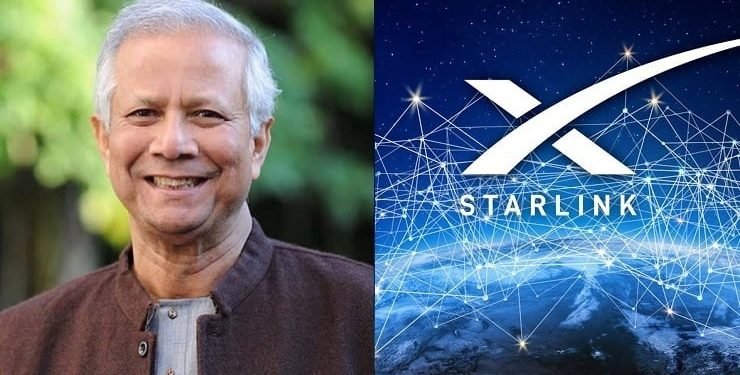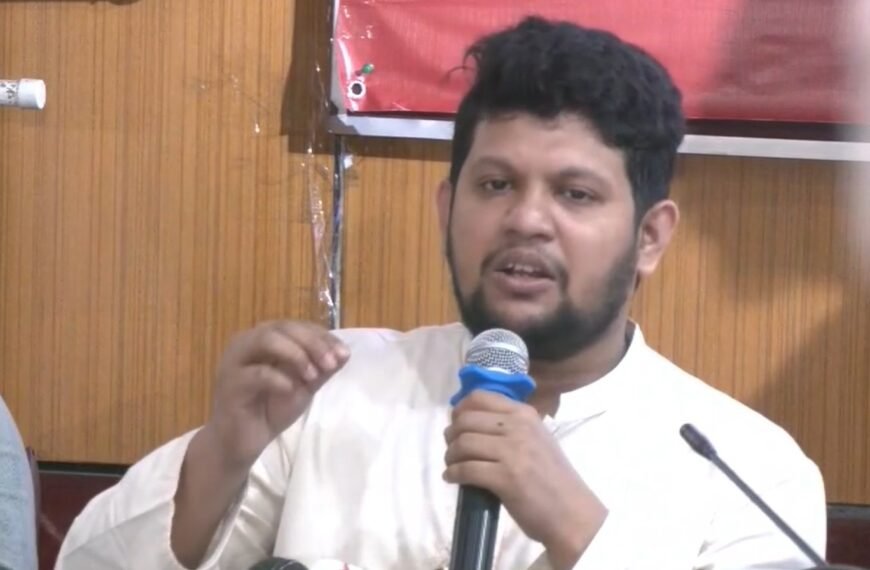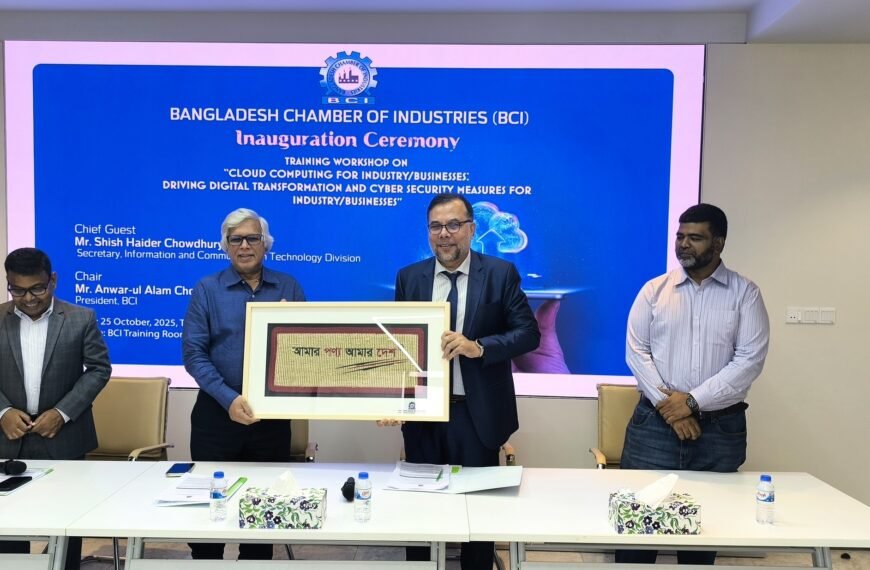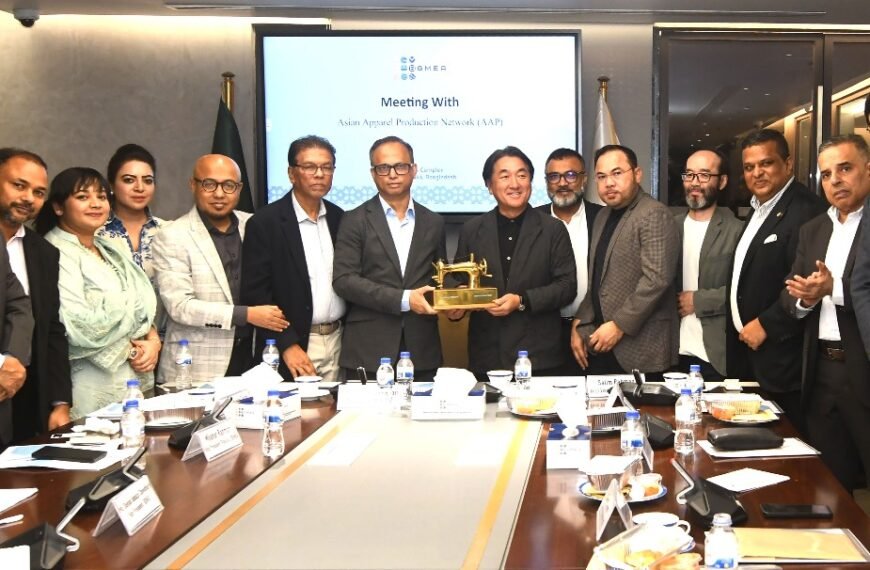The license of US NGSO service provider Starlink has been approved by Chief Advisor Professor Muhammad Yunus. He approved the license on Monday (April 28, 2025).
The Bangladesh Telecommunication Regulatory Commission (BTRC) issued the licensing guideline titled Non-Geostationary Orbit (NGSO) Satellite Services Operator In Bangladesh on March 25. Under the said guideline, Starlink Services Bangladesh has applied to the BTRC along with the applicable fee and necessary documents to obtain the Non-Geostationary Orbit (NGSO) Satellite Services Operator License. A policy decision was taken in the 294th commission meeting held on April 21 to issue the applied license in favor of the company.
Starlink is a new addition to the internet in Bangladesh. This global satellite internet service provider has started its journey in Bangladesh, the second country in South Asia after Sri Lanka.
In this context, Faiz Ahmed Tayyab, Special Assistant to the Principal Advisor on Posts, Telecommunications and Information Technology, said that bringing Starlink to Bangladesh became a public demand in protest against the repeated internet shutdowns by the autocratic Sheikh Hasina government during the July uprising.
“The Principal Advisor also wanted to convey a message that Bangladesh is investment-friendly. There is a challenge in providing uninterrupted and quality internet services in the haor and baor islands of Bangladesh, in remote mountainous areas, especially in coastal disaster-prone areas. In view of the need to provide quality internet as soon as possible in areas where fiber has not yet reached, the Principal Advisor took the initiative and called SpaceX CEO Elon Musk and urged him to start Starlink operations in Bangladesh within 90 days. BIDA, BTRC, the Ministry of Posts, Telecommunications and Information Technology, and the Principal Advisor’s office have worked closely to achieve this goal,” he said.
Faiz Tayyab said, one of the primary services of Starlink is uninterrupted high-speed internet, where the internet will not be shut down immediately with load shedding, which is the case with ISPs. In many cases, if there is load shedding for a long time, when the battery backup of the mobile tower runs out, the mobile internet will also be disrupted. In the case of Starlink, such a problem will not occur.
‘Another thing is that the expansion of the fiber network in Bangladesh is limited. In addition, a significant part of this fiber network is not of telco grade. At least 65 percent of the telecommunication towers in Bangladesh are still outside fiberization, where services are provided through microwaves, with very limited capacity. Again, there are problems with the coverage and capacity of our mobile network, there are problems with highway mobility coverage. Starlink will solve these problems,’ he said.
He said, Starlink will make the mobile and broadband internet market in Bangladesh competitive. Through this, the traditional internet service system based on voice calls and data bundles will undergo a new transformation centered on digital services.
He said that as a result of Sterling’s service, deregulation will begin in the communications industry, competition will increase, and uninterrupted and quality high-speed internet will be guaranteed in every city or village.




